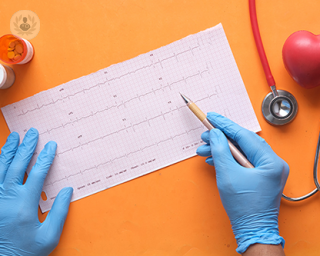
By Dr Waqas Khan
05.11.24
Shortness of breath is the subjective feeling of not getting enough air when breathing. There are many reasons why someone might be short of breath, ranging from psychological conditions to pathological illnesses of a cardiopulmonary nature. In this article, a respected general practitioner goes through common causes of shortness of breath, and how it can be managed.

















